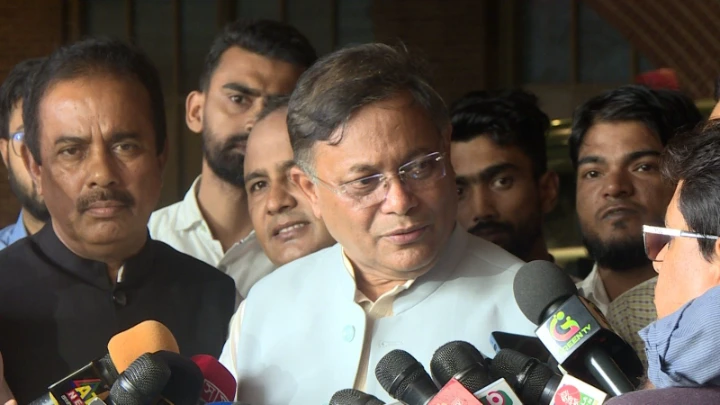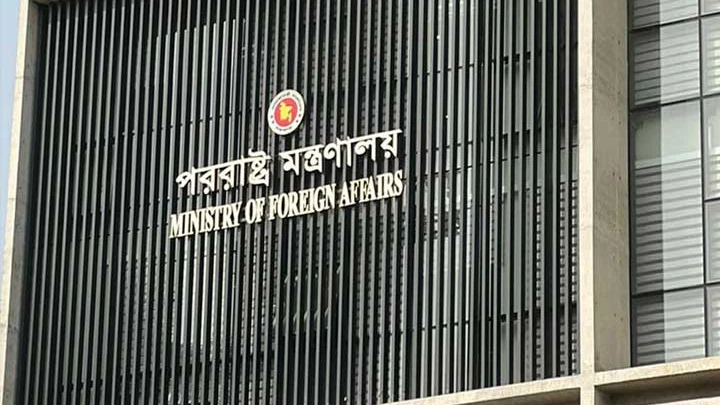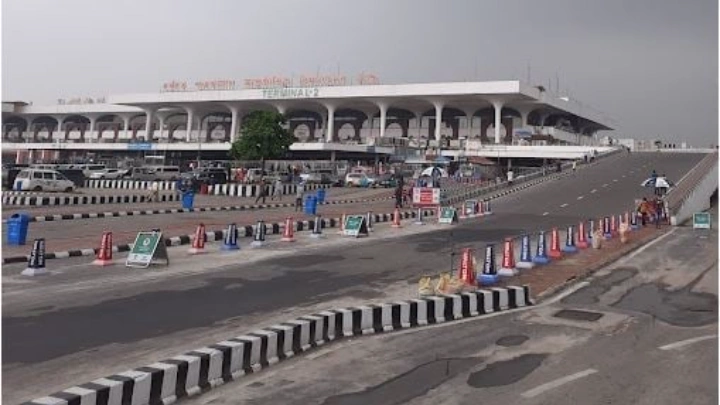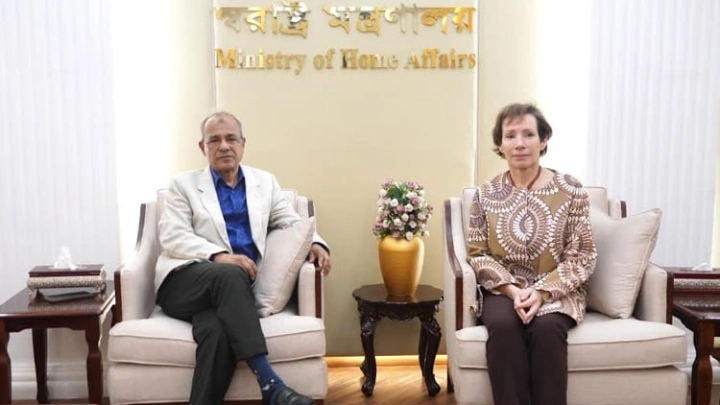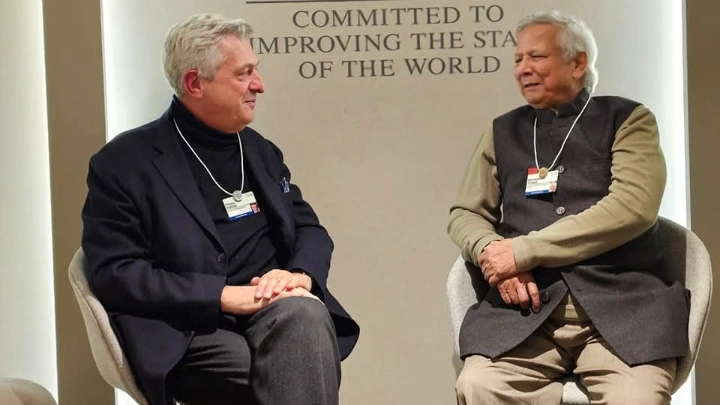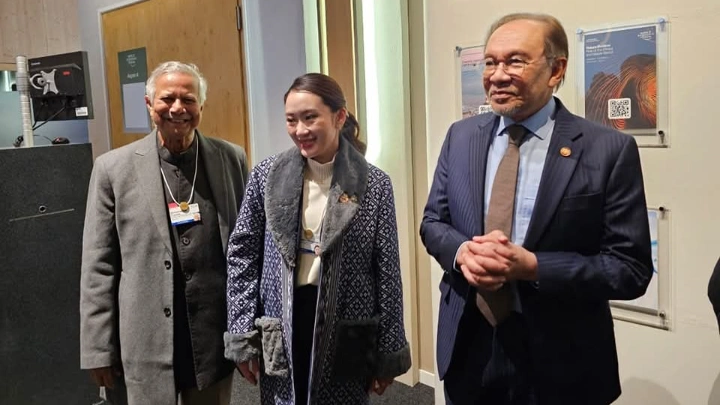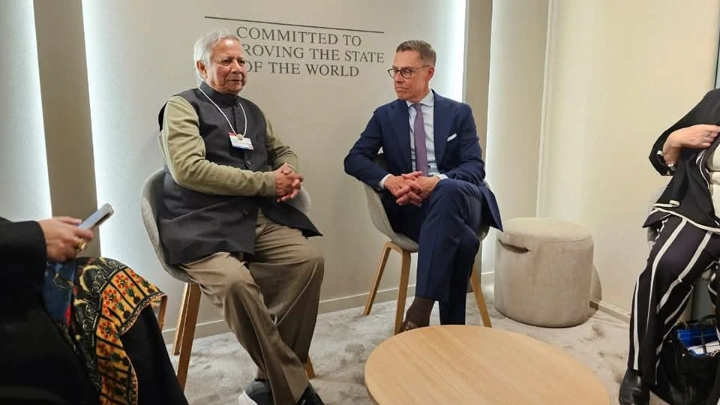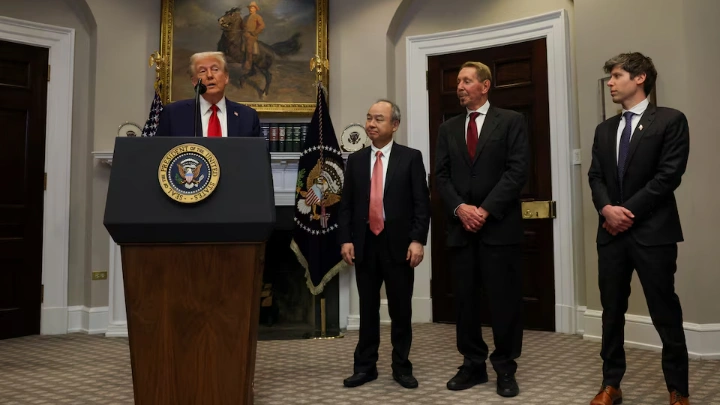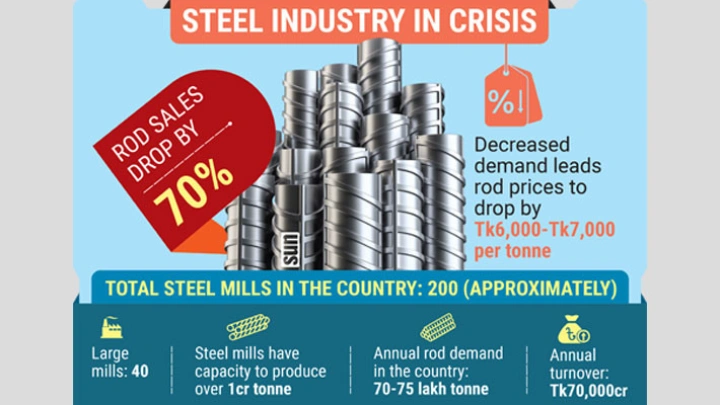FM Dr Hasan Mahmud to urge Saudi to deposit funds in Bangladesh’s offshore accounts
BSS || Shining BD
Foreign Minister Dr Hasan Mahmud said that during his upcoming political consultation with Riyadh, he will discuss the opportunities for Saudi Arabian funds to be deposited in Bangladesh’s offshore accounts.
“They (Saudi Arabia) keep their money in the USA and Europe. Bangladesh has opened a window. Any foreign company and foreign individual can keep their money in Bangladesh’s offshore accounts. This issue, among others, will be discussed,” he said.
The foreign minister made these remarks in response to a reporter’s question ahead of his scheduled attendance at the second political consultations between Bangladesh and Saudi Arabia in Riyadh on Monday.
Dr. Hasan and Saudi Foreign Minister Prince Faisal bin Farhan Al Saud will lead the Bangladesh and Saudi delegations, respectively, at the high-level meeting at the Saudi foreign ministry.
“If they want to invest in the financial sector, it will be discussed,” Dr. Hasan said, focusing on attracting deposits from Saudi companies into offshore banking accounts.
In March this year, the Offshore Banking Act, 2024 was passed in the Parliament with the objective of enhancing the country’s foreign currency reserves and attracting foreign investment.
Referring to other countries where such deposits are made by foreign companies and individuals, he said, “We have opened a new window. We want to make it popular.”
The foreign minister noted that the Bangladesh Bank has relaxed rules and policies to allow both non-resident Bangladeshis and foreign nationals to avail the service.
Hasan is scheduled to reach Riyadh early Monday on a two-day official visit and will return home on July 3.
During the political consultations, issues related to trade, investment, Bangladeshi migrants, the Rohingya crisis, and other mutual interests are likely to be highlighted.
Topics related to education, health, environment and climate change, ICT, and tourism are also expected to be discussed, according to foreign ministry sources.
Private Industry and Investment Adviser to the Prime Minister Sheikh Salman F Rahman will be part of the delegation, as investment issues are anticipated to feature prominently, it added.
Responding to a separate question, foreign minister Hasan said Bangladesh has significantly reduced its dependence on foreign aid for its development budget.
“In the past, during the BNP era, finance ministers had to approach the Paris Consortium with a begging bowl before presenting the budget. At that time, foreign dependence, particularly in the development budget, exceeded 50 percent,” he said.
Today, the minister said, foreign fund dependence has decreased to 15-20 percent, with the government even rejecting several loan proposals from entities like the World Bank.
Dr. Mahmud acknowledged that while some foreign loans are still necessary, they are carefully considered.
“Considering various aspects of the national and global economy, certain foreign loans are indispensable. For instance, as partners of the World Bank and the Asian Development Bank, we have allocated funds that, if not utilized, would lapse. Therefore, in specific cases, we must accept these loans,” he explained.
The foreign minister addressed critics who label the budget as “ambitious” and unrealistic, stating that the actual implementation rate has been consistently high.
“The size of the national budget has increased by 12 times since 2009, with the implementation rate around 92-96 percent,” he said.
Shining BD

